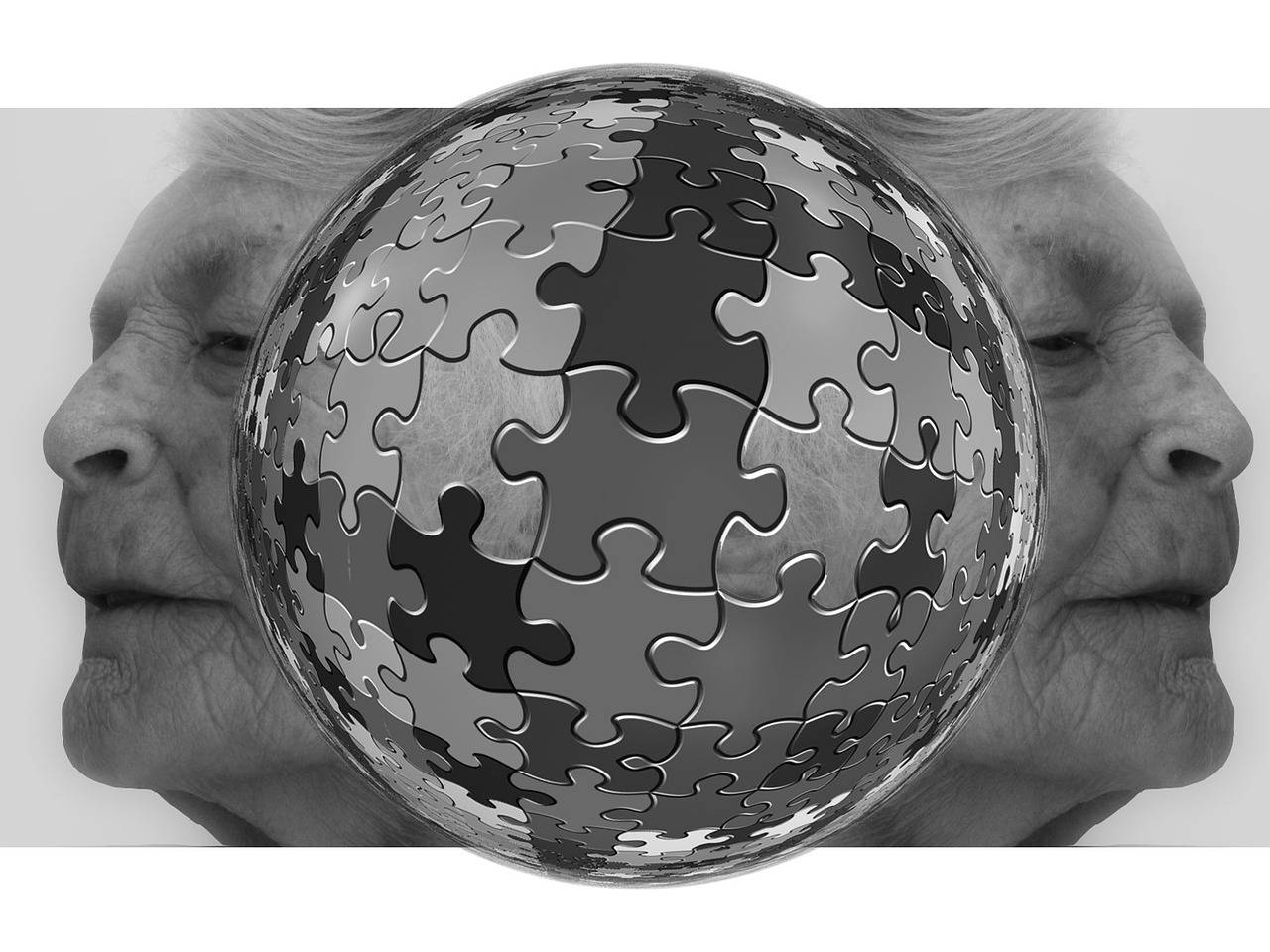The Role of Virtual Health Assistants in Healthcare
Virtual Health Assistants offer numerous advantages in the healthcare industry. They provide round-the-clock support to patients, enhancing access to medical guidance and support at any time of the day. These assistants assist in appointment scheduling, medication reminders, and monitoring health metrics, thus promoting better patient engagement and adherence to medical regimens. Additionally, they streamline administrative tasks for healthcare providers, allowing them to focus on delivering quality care to their patients.
Moreover, Virtual Health Assistants have been instrumental in reaching underserved populations and remote areas where access to traditional healthcare services may be limited. By leveraging technology, these assistants bridge the gap in healthcare disparities and improve healthcare outcomes by delivering personalized and culturally sensitive care. Patients can also receive immediate responses to their queries and concerns, leading to a better overall healthcare experience and improved patient satisfaction.
Challenges Faced by Virtual Health Assistants
One major challenge faced by virtual health assistants is the lack of personal interaction with patients. While they can provide valuable information and assistance, the absence of face-to-face interaction may lead to potential misunderstandings or difficulty in building rapport with patients. This can impact the overall quality of care provided by virtual health assistants.
Another challenge is the potential for technical glitches or errors in virtual health assistant software. Issues such as inaccurate information or system malfunctions can cause delays in providing necessary support to patients. Virtual health assistants must constantly be monitored and updated to ensure smooth operation and reliable service delivery.
What are the benefits of virtual health assistants?
Virtual health assistants can provide 24/7 access to healthcare information, personalized recommendations, reminders for medication and appointments, and support for managing chronic conditions.
What are some challenges faced by virtual health assistants?
Some challenges include maintaining patient privacy and data security, ensuring accuracy of information provided, addressing language and cultural barriers, and establishing trust with users.
How do virtual health assistants help in managing chronic conditions?
Virtual health assistants can provide daily monitoring of symptoms, reminders for medication, personalized diet and exercise plans, and connect patients with healthcare providers for regular check-ins.
How do virtual health assistants ensure the accuracy of medical information provided?
Virtual health assistants use advanced algorithms and artificial intelligence to continuously update their knowledge base, consult with medical professionals, and verify information from reliable sources.
Can virtual health assistants replace human healthcare providers?
Virtual health assistants are meant to complement, not replace, human healthcare providers. They can provide support, guidance, and information, but are not able to provide the same level of care and expertise as a trained medical professional.





